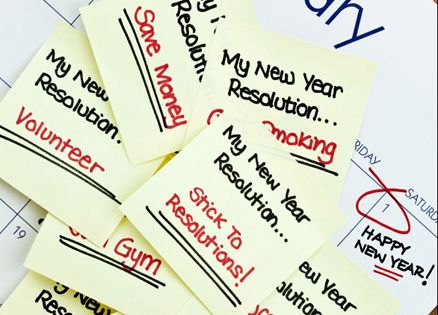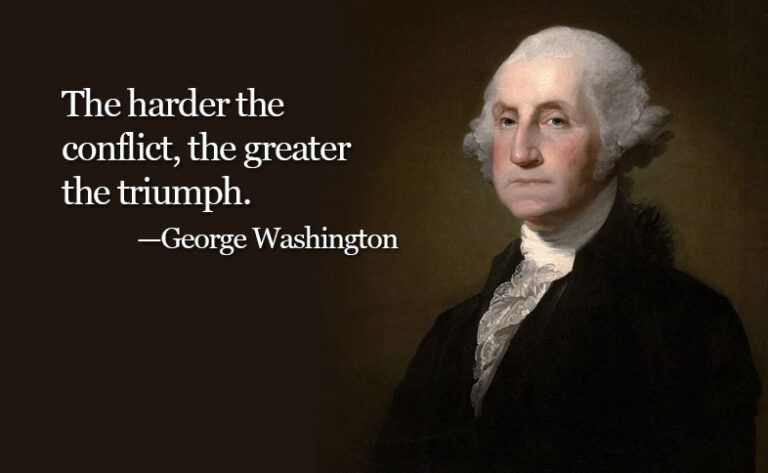I recently came across my official New Year’s Resolutions 2004. Ten pages beyond it in the same notebook were the New Year’s Resolutions 2008. The two lists were virtually the same. Now it’s 2011, and I could still re-use that 2004 page:
Lose 10 pounds (OK, now it would be 15)
Eat more healthily
Exercise more
Do more creative projects
Volunteer
Get the house organized
Any of these sound familiar to you? Then perhaps, like me, you’re wondering: What can I do differently this year to actually accomplish those goals?
Turns out a crucial stage of goal-keeping is planning. So instead of dusting off that old list, make a new one in a new way.
Now that the holiday rush is over, it should be pretty easy to carve out a few hours of quiet time to reflect on 2010 and how you’d like to improve your life. The first step is to clearly define the change you want to see.
“It’s a great time for reflection, because you’re not the person you were on January 1, 2010,” says Austin, Texas, executive coach Jen Spencer, who asks her clients to devise a personal Year End Review, just like your boss gives at work.
Among the questions she proposes:
- What has changed for you in the last year?
- What do you want to acknowledge about your year?
- What were your wins and losses?
- When you dig deep down, what have you always wanted to do/feel/be that you haven’t yet imagined for yourself?
Step two: Make an action plan. Toss out what didn’t work for you before and concentrate on your successes, what Chip and Dan Heath authors of Switch: How to Change Things When Change Is Hard (Broadway Books) call finding the “bright spots.”
Ask yourself: What is working and how can I do more of it? For example, if you want to make sure you exercise in the coming year and you love to dance, sign up for dance classes to get a great cardio work-out that you’ll enjoy, rather than treadmill runs that you’ll think up any excuse to avoid.
Step three is what the Heath brothers call “shrinking the change.” It means breaking down your big goal into smaller steps. If I want to lose 15 pounds, I’ll figure out actions I can take—look at what I eat, if I’m exercising, if I’m snacking, drinking enough water, etc. Then once I start my program, I’ll make sure to acknowledge a loss of two pounds. It’s all about “engineering hope.”
Include both serious and fun goals, say the list-masters at 43Things.com,who wrote Dream It. List It. Do It! And don’t be afraid to prioritize, tackling seemingly small or easy goals before you tackle the biggies. That’s a great way to create momentum.
Just one more component to shape your list. In We Have Met the Enemy: Self-Control in an Age of Excess, a fascinating book about self-control coming out January 6 (Penguin Press), author Daniel Akst asserts the best course in making change is to rely as little as possible on willpower. Which again, means meticulously planning your change strategy to eliminate the option to fail. Smoke when you drink alcohol? Avoid bars. Eat ice cream at night? Don’t buy it. And don’t forget to enlist the help of friends and family who want to see you succeed.
Think of Guideposts as one of those friends. We would love to hear your New Year’s resolutions and how you plan on accomplishing them. And we’d like to help. Check back this month for more ideas on change.






